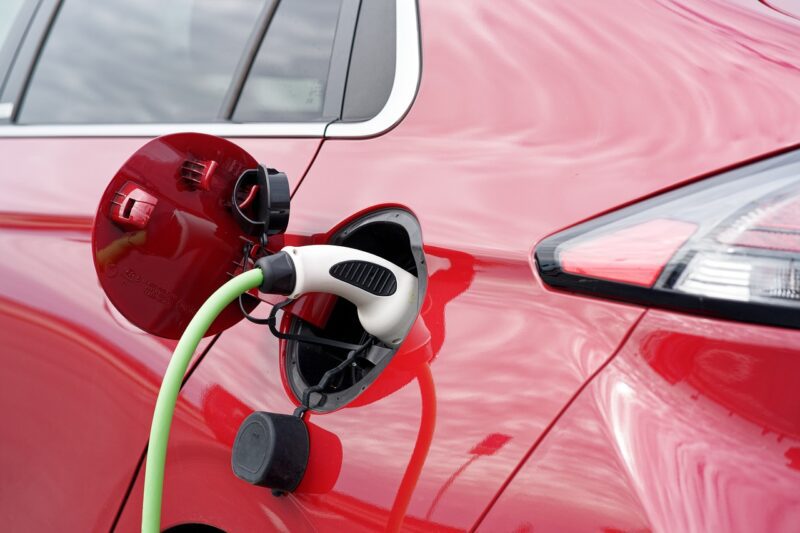While many people aren’t opposed to change, they are understandably apprehensive about the unknown and this is the concern many taxi drivers have about making the switch to electric vehicles.
They know exactly what their current petrol or diesel cab is capable of and, even in the event of an unexpected long-distance fare, know they are never far from a petrol station where they can fill up and be on their way in a matter of minutes.
They know how their business runs and what it costs, so switching to new and seemingly more expensive technology which doesn’t appear to meet their needs could be seen as a big risk.
Energy solutions brand Energy5 has looked in depth at the issue and how it specifically affects taxi drivers.
The biggest reason for making the switch is the environment and the harm caused by burning fossil fuels. And change is ongoing. The International Energy Agency (IEA) found that the global EV fleet exceeded 10 million vehicles in 2020 and is projected to reach 145 million by 2030.
Energy5 cites lower operating costs as one of the biggest benefits for taxi drivers making the switch to EVs, saying they can cut fuel bills by 70% and charging vehicles is significantly cheaper than filling up at the pumps.
Citing a study by Bloomberg New Energy Finance, it found that electric taxis in congested New York saved up to $1,000 a month on fuel and maintenance. Savings on those scales would make a huge difference in the UK, especially in busy cities. An EV would also be exempt from the controversial ULEZ scheme in London.
EVs also require less maintenance which helps reduce costs and reduces the time vehicles spend in garages being serviced.
Energy5 said: “Electric vehicles have fewer moving parts compared to their internal-combustion engine counterparts. This directly translates to lower maintenance costs for taxi companies. EVs do not require oil changes, spark plug replacements, or other regular maintenance associated with traditional vehicles. Additionally, the regenerative braking system in electric vehicles helps prolong the lifespan of brake pads, further reducing maintenance expenses.”
There are also grants and financial assistance available to help taxi drivers make the switch.
As well as financial benefits to taxi drivers, the European Environment Agency has found reducing emissions is a crucial step towards a sustainable future, with the transport sector is responsible for approximately one-quarter of Europe’s greenhouse gas emissions.
Energy5 also looked at the overall driving experience of EVs and found they provide a smoother and quieter ride, enhancing the overall customer experience. It added: “Moreover, these vehicles often come equipped with advanced technology and features like Wi-Fi connectivity and charging ports, further elevating the passenger experience.”
EV range and the number of charging stations have been major obstacles to taxi drivers making the switch to EVs, but the government has a major drive in place to improve the EV infrastructure before the 2030 ban on the sale of new petrol and diesel vehicles comes into force.
Energy5 also believes that collaborations between ride-hailing platforms and electric vehicle manufacturers will accelerate the transition to sustainable transportation.
And continued research and development in battery technology will result in longer-range electric vehicles. Energy5 said: “As the driving range increases, the limitations currently associated with charging infrastructure will gradually disappear, making EVs an even more practical choice for taxi drivers.”
Sustainability is also important for passengers who may choose to go elsewhere.
Energy5 found: “As sustainability becomes a growing concern for consumers, taxi companies that adopt electric vehicles can benefit from an enhanced brand reputation. Operating electric taxis portrays a commitment to the environment and a sustainable future. This can help attract environmentally conscious customers who prioritize green transportation options.
“The integration of electric vehicles into the taxi industry is revolutionizing transportation. The economic impact of electric taxis is evident through lower operating costs, reduced emissions, and enhanced customer experiences. Furthermore, drivers benefit from reduced fuel costs, government incentives, and increased efficiency. With infrastructure development, collaborations, and technological advancements, the taxi industry is poised for a greener and more sustainable future.”


